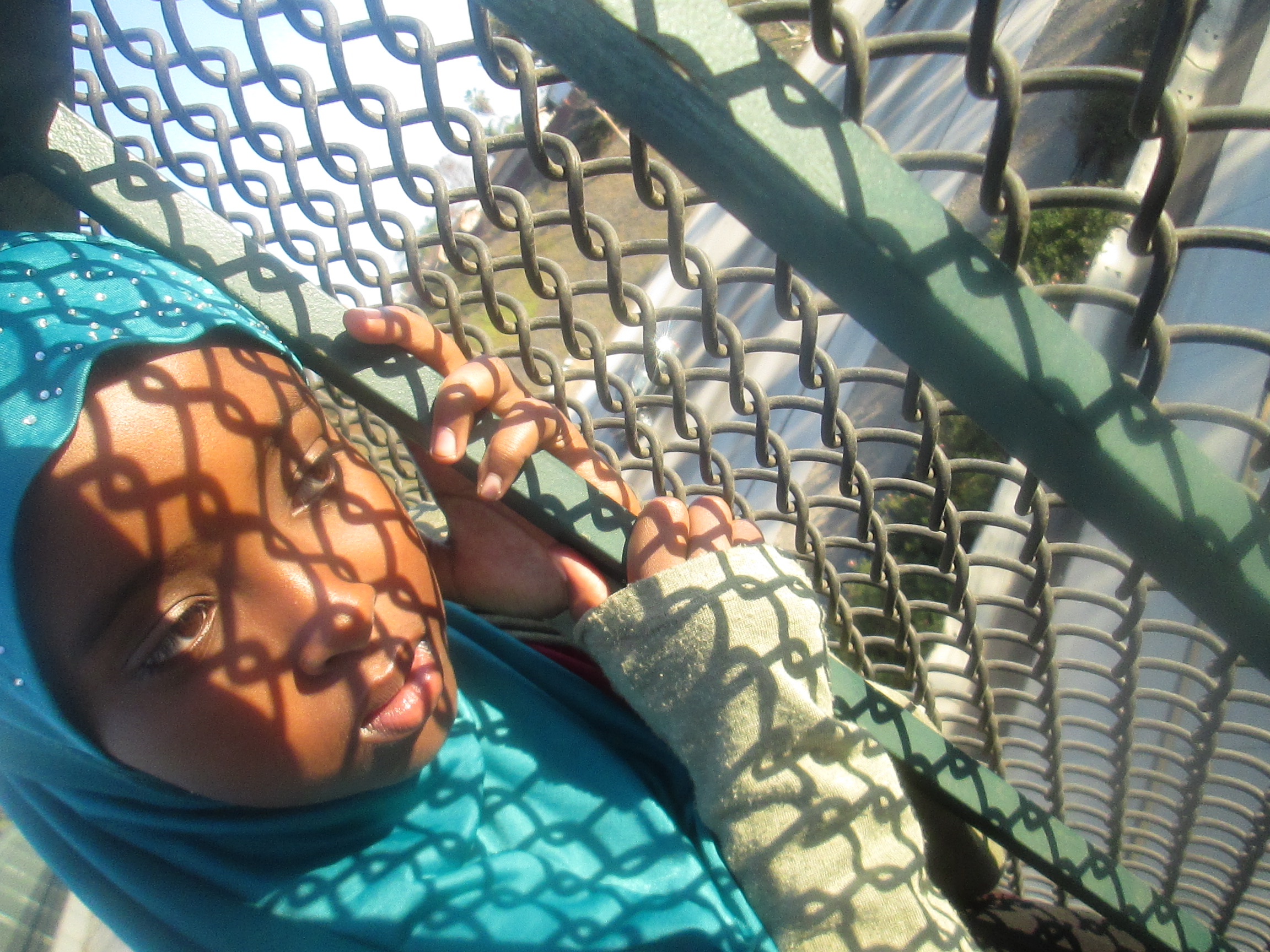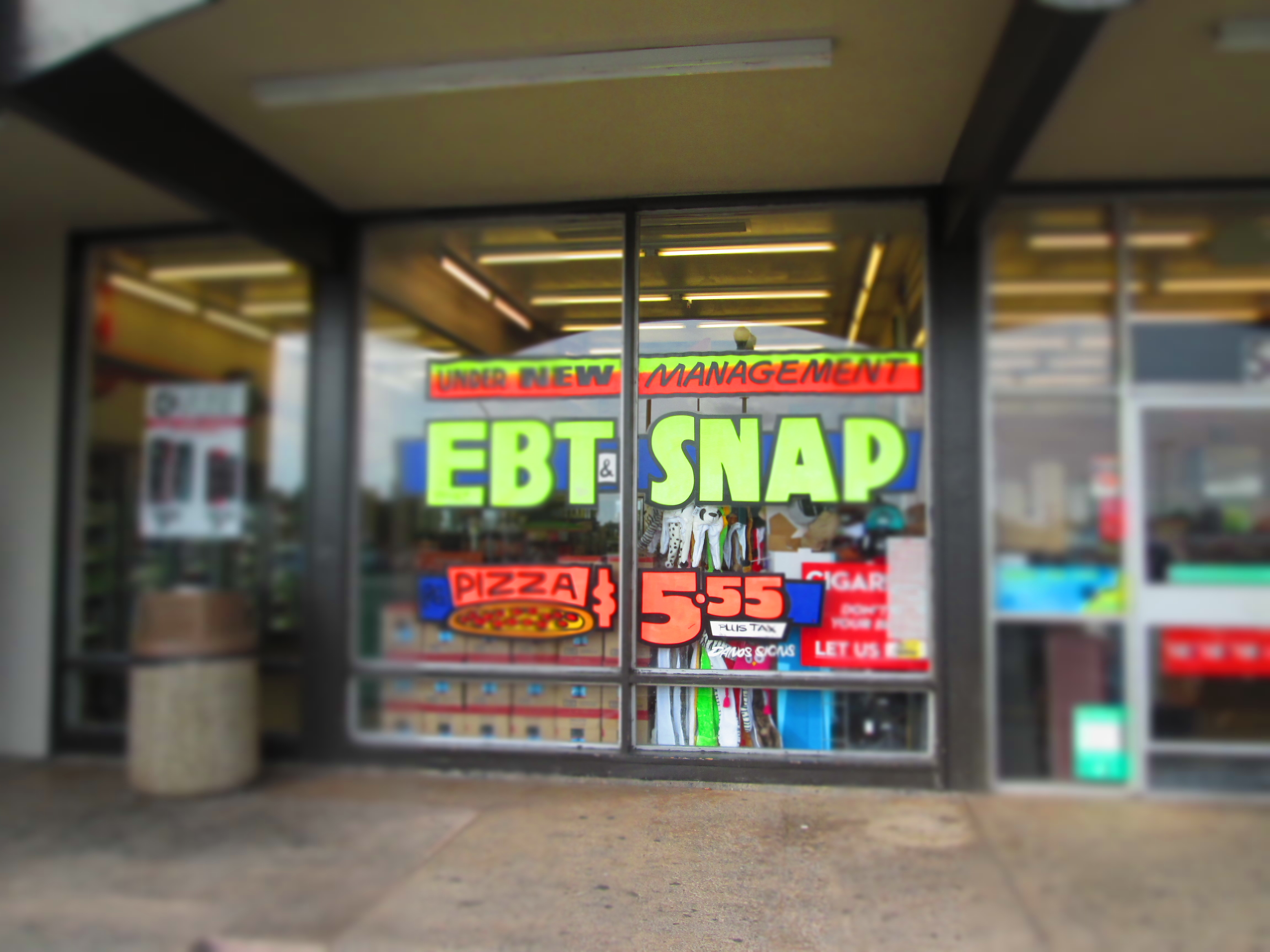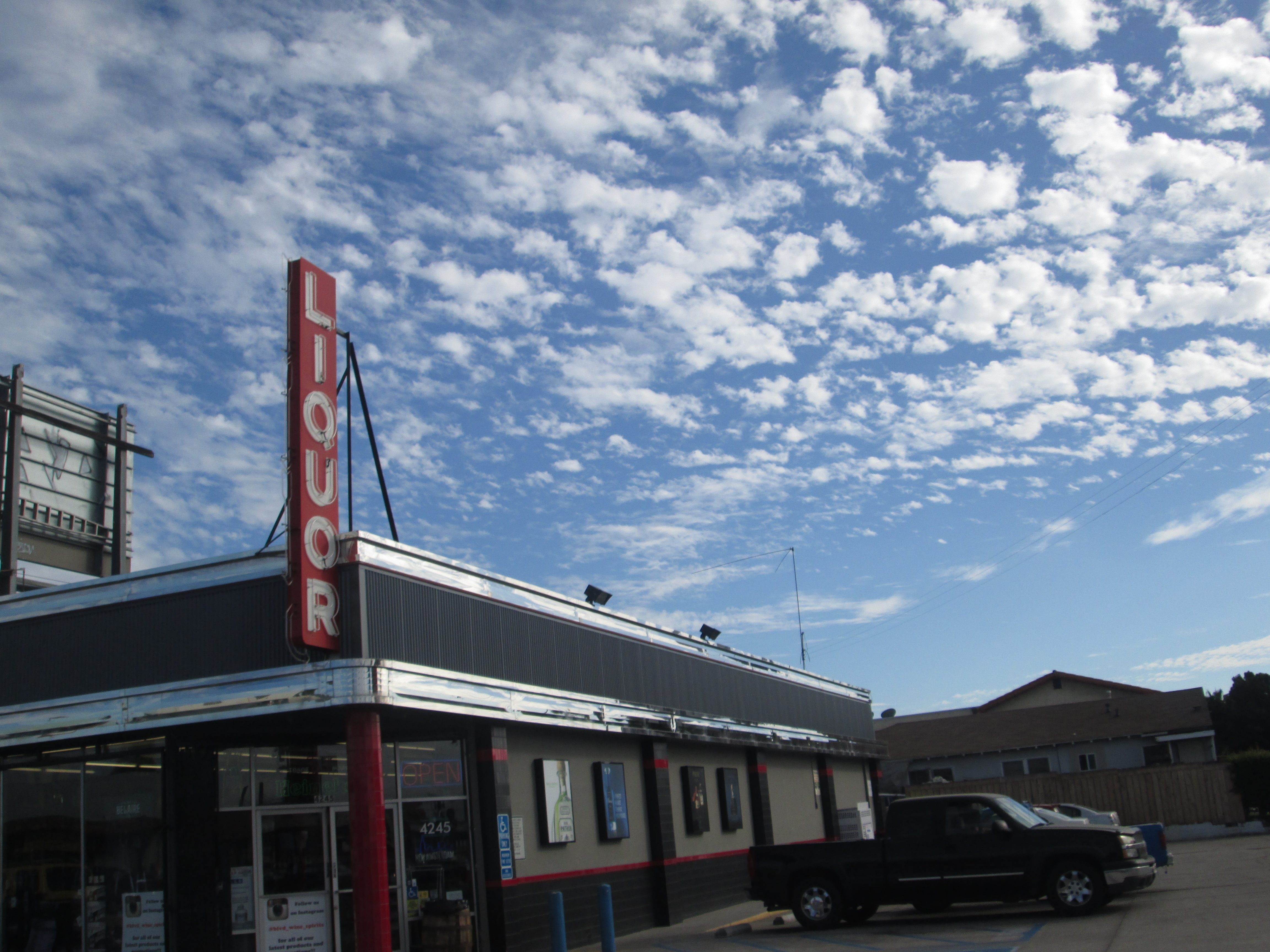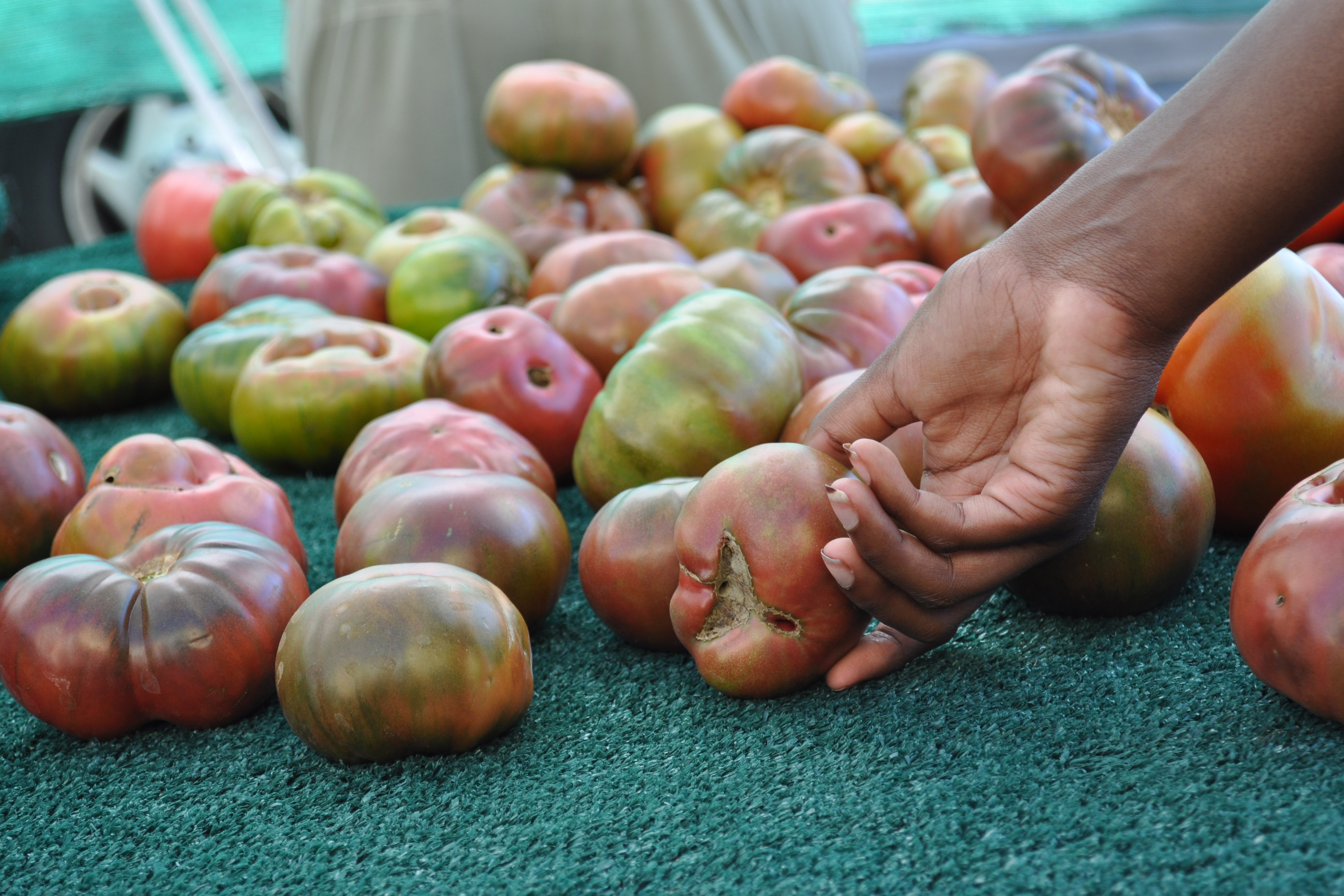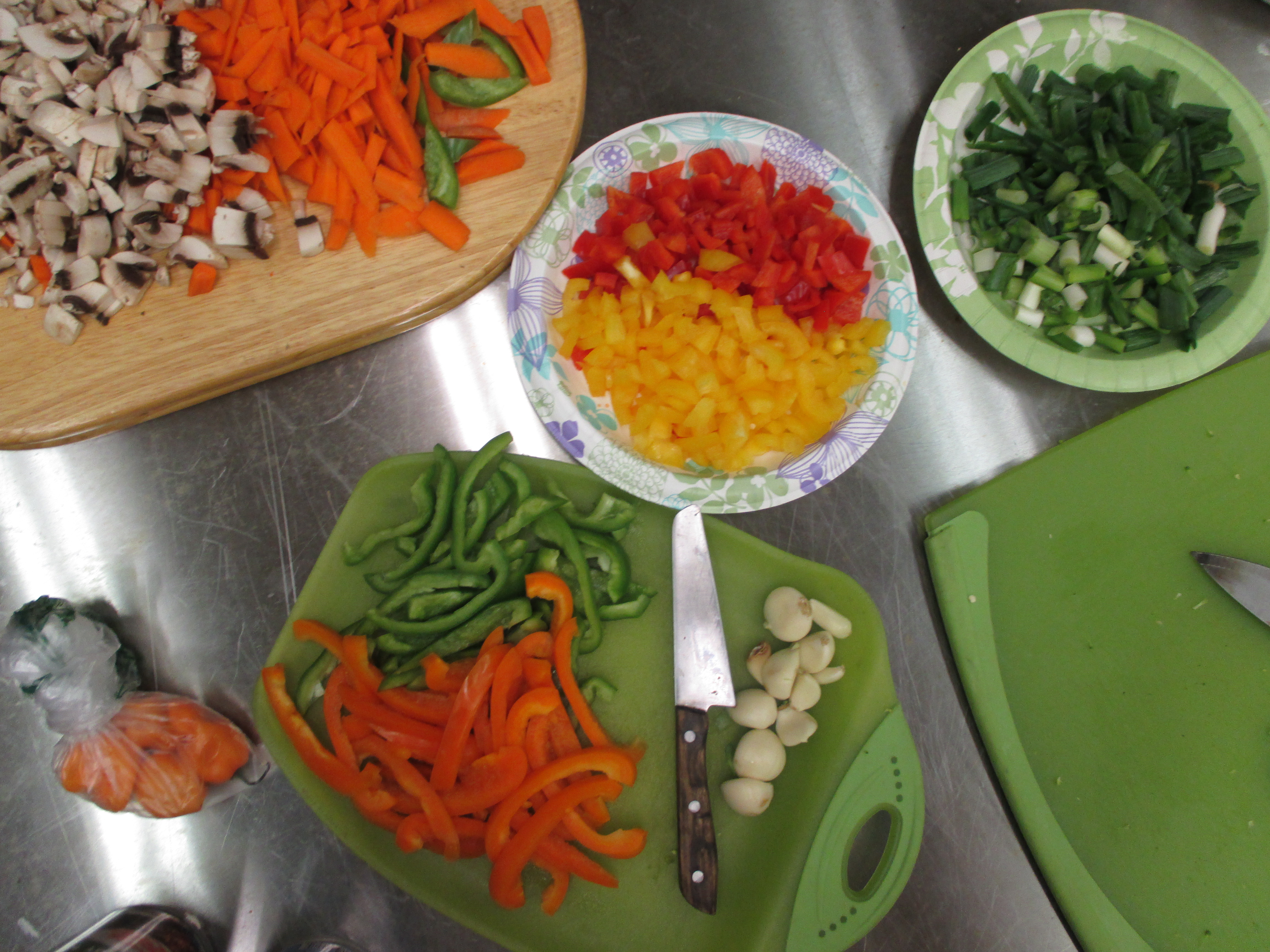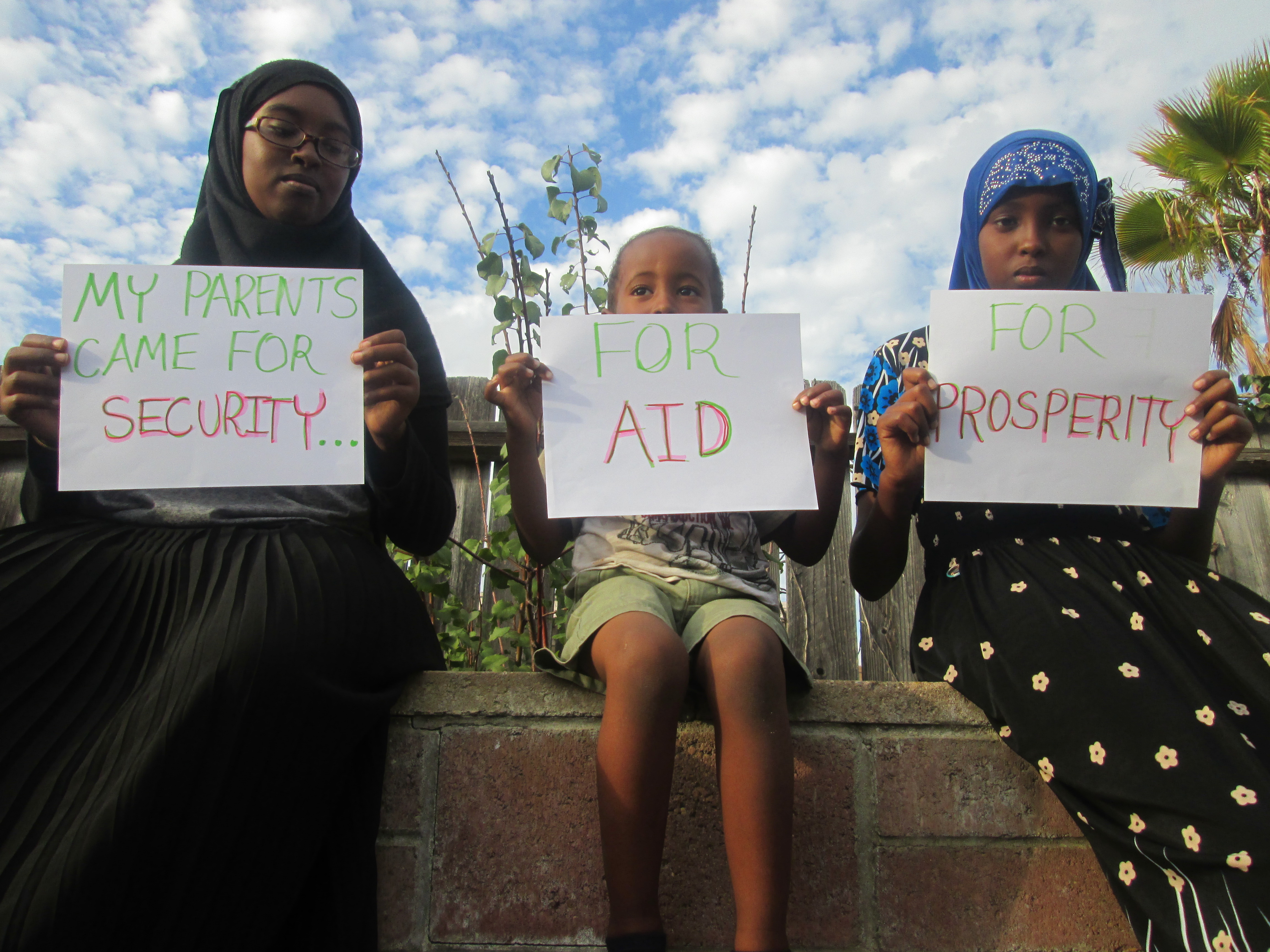Overcoming Barriers to Health is a collaboration between The AjA Project and UCSD’s Center for Community Health. The young women that participated ranged from 12 to 17 years old and were first- and second-generation East African refugees and immigrants. Through photography, participants collectively identified health issues and then used their images to create a dialogue about health disparities in their community. The following photo essay reveals what they found. All photos and captions are by Overcoming Barriers to Health participants
Immigrants and refugees relocating to the United States face many hardships. Adapting to a new community and a new way of life can be very overwhelming. Language and cultural barriers, financial instability and access to healthy foods mean limited choices for a healthy diet. For immigrants and refugees in City Heights, these barriers create a boundary between living a healthy lifestyle and living an unhealthy one.
A population that feels cornered by a community marked by hardships. Simultaneously holding onto two burning rocks of coal: an American culture and the one of our immigrant and refugee parents.
Newly arrived immigrant and refugee families are often uprooted with little but the possessions they can carry. Many were removed, whether by choice or for their own safety, from stable financial and professional lives. Forced to start fresh, immigrants and refugees often must rely on government assistance, such as Electronic Benefit Transfer (EBT) and the Supplemental Nutrition Assistance Program (SNAP). EBT and SNAP are electronic systems that allow state governments to transfer benefits to low-income households for the purchase of food and other necessities.
“Nearly half of City Heights’ residents are foreign-born, coming from over 60 countries, and speaking over 40 languages. With 30% of families in City Heights living below the national poverty level, the community experiences significant food insecurity, placing residents at-risk for health problems such as obesity and diabetes. Sixty-four percent of youth eat fewer than five servings of fruit and vegetables a day. Compounding this already food-insecure climate, San Diego County has the worst Supplemental Nutrition Assistance Program (SNAP) enrollment rates in the nation, with only 1/3 of eligible residents participating in the program.” – www.ams.usda.gov
Many people walk by the 7-11 on 52nd St. and El Cajon Blvd. not understanding the struggles that lay behind the reality of EBT and SNAP. Families big and small depend on Electronic Benefit Transfer, known as EBT, for their food and daily nutrition. EBT and SNAP are used to purchase food from participating stores, though many common grocers do not fall into this category.
EBT/SNAP is a constant reminder to individuals and families about their current circumstances and limited choices. When using EBT/SNAP, some feel a hit to their pride, while others feel nothing. Either way, they have no choice.
Convenience and liquor stores are convenient and easy locations for immigrants and refugees living in City Heights to purchase food using EBT/SNAP. The types of foods available at these locations are usually limited to processed foods such as sugary beverages, chips, soda, canned vegetables and pre-packaged pastries. Because these types of foods are accessible and affordable when using EBT/SNAP, immigrants and refugees living in City Heights will choose such options over healthier food alternatives. As a consequence, the health and well being of these populations is being directly affected.
Established in 2008, the City Heights Farmers’ Market is San Diego’s first farmers’ market to be situated within a low-income community and accept SNAP Electronic Benefits Transfer (EBT). Several community-based organizations such as the International Rescue Committee, the San Diego County Farm Bureau, the San Diego County Childhood Obesity Initiative and the San Diego Nutrition Network collaborated to develop the City Heights Farmers Market as a resource to combat some of the health and food-access inequalities within the community.
The City Heights Farmer’s market launched a cash incentive program called “Fresh Fund” in response to significant food-insecurity in City Heights and to increase access to healthful, affordable foods. The Fresh Fund is distributed to individuals who qualify for one of three programs: SNAP, Women, Infants, and Children (WIC) and Supplemental Security Income (SSI/Disability). Those who qualify are eligible for a Fresh Fund ID Card. Wooden tokens are issued in exchange for using the Fresh Fund ID Card and spent as cash with any of the fresh produce vendors.
The City Heights Farmers’ Market is held every Saturday from 9 am to 1 pm on Wightman St. between Fairmount Ave. and 43rd St. in City Heights.
Although the City Heights Farmers’ Market has become a staple of affordable fresh food and produce to some residents in the community, others feel the lack of frequency is not sustainable in ensuring healthy eating options throughout the week.
Fresh vegetables that are a staple in Halal food can be expensive and timely to prepare. Often times as a result of resettlement, both parents must work to support their family, making it difficult to prepare fresh, traditional meals on a consistent basis.
Every 1st and 4th Friday of the month the Intergenerational Cooking Class hosted by the United Women’s East African Support Team meets from 5:30 to 7 pm at 4061 Fairmount Ave. The Intergenerational Cooking Class provides a communal avenue for mothers to share traditional cultural recipes with their teenage daughters. The class is structured not only make healthy Halal recipes, but to foster connections between immigrant mothers and their American daughters by learning and experimenting with traditional cuisine.
The universal struggle that all immigrants and refugees face is overcoming the challenges of resettlement. As one of these challenges, access to healthy foods is a barrier that this population is continually trying to overcome. Education and awareness are some of the tools being used to shift, change, and expand the conversation, giving hope for youth and future generations.


